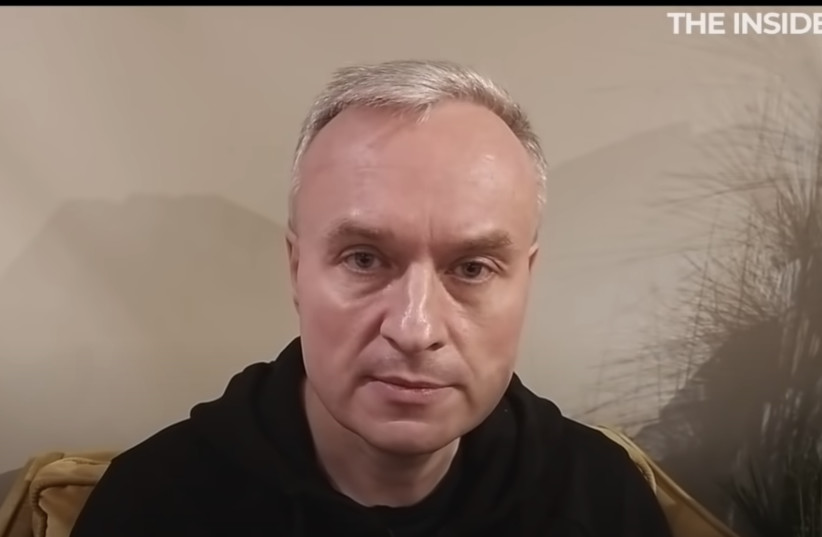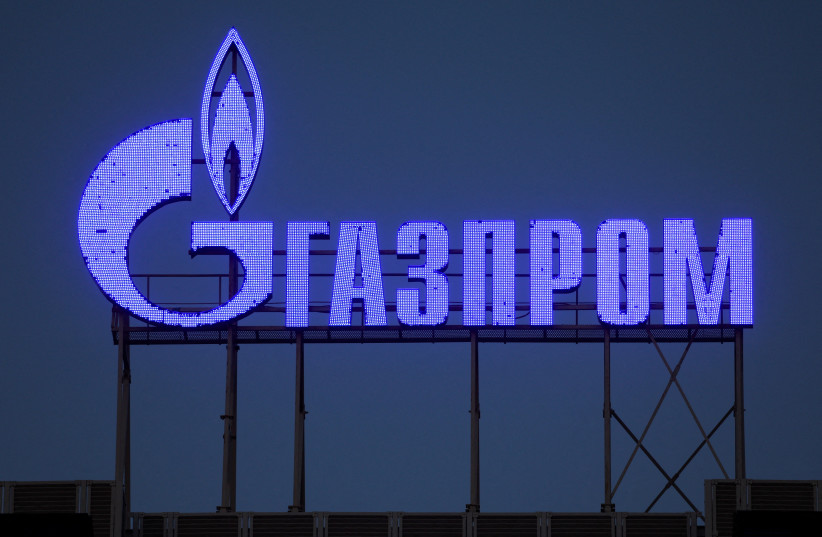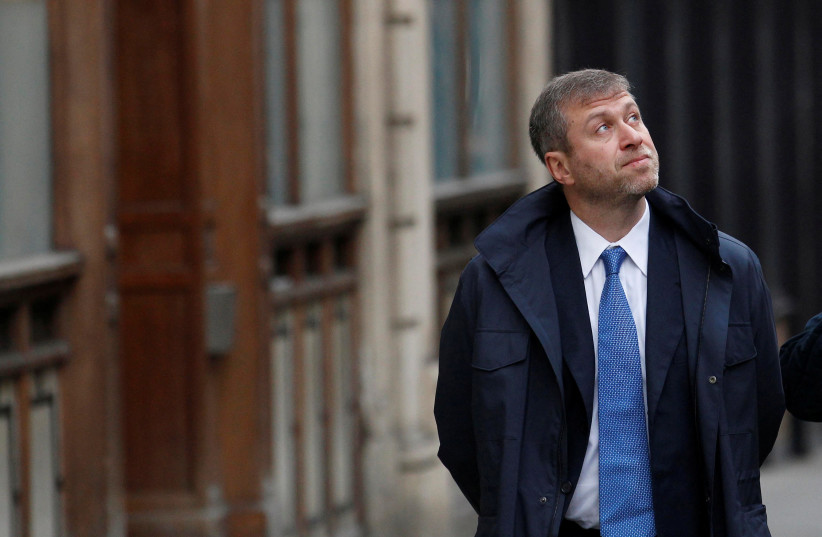The former bank executive fled to defend Ukraine, though several other Russian business executives have been at the mercy of the Kremlin.

Gazprombank’s Vice President Igor Volobuev left the country to join the Kyiv territorial defense forces, he said in an interview with The Insider.
Volobuev, who left on March 3 – just one week after Russia began its invasion of Ukraine – said that he couldn’t stay in Russia and that he “couldn’t just stand by and watch what Russia is doing to [his] homeland,” adding that he “wants to wash off [his] Russian past.
“The Russians were killing my father, my acquaintances and close friends. My father lived in a cold basement for a month. People I had known since childhood told me they were ashamed of me.” Volobuev, who worked at Gazprom for 16 years before holding Gazprombank’s top position for six years, said.
The former bank executive went on to say that the actions of the Russian President is a crime. International sanctions were imposed on Gazprombank – among several Russian banks hit with unprecedented sanctions – the day after Russia began its assault on Ukraine.

Strange circumstances for oligarchs
Russia’s infamous oligarchs have become geopolitically compromised since the start of the Ukraine-Russia war. Many of Vladimir Putin’s top allies in the business world, such as Roman Abramovich and Mikhail Prokhorov, have been subject to sanctions and other punitive measures – with some even speaking out against Russia’s government.
While some prominent figures in Russia’s business world have dealt with punitive financial measures, others have potentially met far more severe consequences. Former Vice President of Gazprombank Vladislav Avayev and former executive of natural gas company Novatek Sergey Protosenya were found dead in mid-April – along with their wives and children – in Moscow and Spain, respectively.
Russian State Media organization TASS, which reported Avayev’s death, said the case was seemingly a murder-suicide, while Spanish broadcaster Telecinco reported the same about Protosenya’s death.
Shockingly, these are not the only mysterious suicides Russian executives have suffered this year. Leonid Shulman, who led Gazprom’s transfer service, was found dead in St. Petersburg in an apparent suicide, while Gazprom’s former deputy Alexander Tyulyakov was found hanged in a garage near St. Petersburg on February 25th – just one day after the invasion of Ukraine.
The Polish think tank Warsaw Institute noted that the suicides seemed “somewhat suspicious,” a sentiment shared by Volobuev.
I don’t believe he could have killed his wife and daughter,” Volobuev said. “I think it was a setup. Why? It’s hard to say. Maybe he knew something and posed a threat.”

Other top executives and officials known to have left Russia during the war include Sberbank’s first deputy chairman of the board Lev Khasis, presidential envoy Anatoly Chubais, and Aeroflot deputy CEO Andrei Panov, according to the Moscow Times.
As reported by The Jerusalem Post
